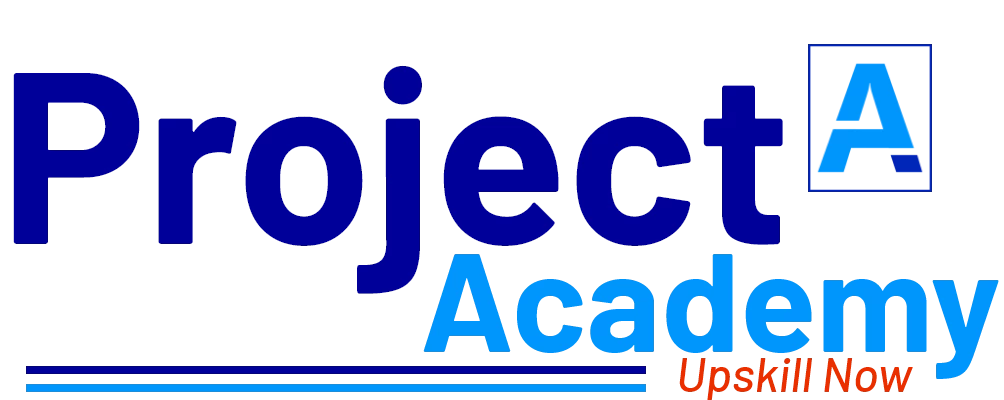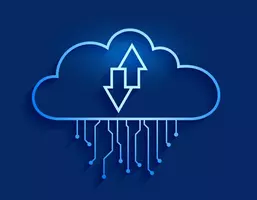Project Outline:
An online voting system is an application that allows citizens to vote during elections.
1) Development Phase:
Set up the development environment and infrastructure.
It should have an Admin account and user accounts, where admin is responsible for maintaining the voters list. Admin is the one who updates the current elections and upcoming elections. Also he has the authority to announce the results.
Develop authentication and authorization system for both admin and users/voters.
The homepage should provide an overview of the website. It should contain sections for elections, results, user registration and authentication.
The elections section should contain the upcoming elections, current elections and previous elections. The results section should contain result of all the elections that have been conducted.
The user section should allow the user to login if registered or it lets the user to create an account so that he becomes eligible. to vote based on the place where he stays.
2) Testing Phase:
Conduct functional and usability testing.
Fix bugs and improve the website performance.
Applications
- Political Elections: Online voting systems can be used to facilitate voting in political elections, allowing voters to cast their ballots remotely from anywhere with an internet connection.
- Organizational Elections: Online voting systems can also be used to facilitate elections within organizations, such as labour unions, professional associations, or student governments.
- Surveys and Polls: Online voting systems can be used to conduct surveys and polls on a variety of topics, such as customer satisfaction, product feedback, or market research.
- Board Meetings: Online voting systems can be used to facilitate voting during board meetings, allowing board members to cast their votes remotely.
- Referendums: Online voting systems can be used to conduct referendums on specific issues, allowing voters to express their opinion and vote on important decisions.
- Award Nominations: Online voting systems can be used to facilitate award nominations and voting, allowing the public or members of an organization to nominate and vote on the recipients of awards.
- Contests and Competitions: Online voting systems can be used to facilitate contests and competitions, allowing participants to submit their entries and allowing the public to vote on the winners.
Hardware and software requirements:
Hardware requirement
A laptop with:
- At least Intel i3 core processor.
- A minimum of 4GB RAM
- Hard disk with at least 200GB of storage
Software requirement
- Web Server: You need a web server to host your website. Popular web servers include Apache, Glass Fish, etc.
- Programming Language: You will need a programming language to build the website. Popular languages include PHP, Python and Java.
- Database: You need a database to store the recipes and other website data. Commonly used databases include MySQL, PostgreSQL.
- Content Management System (CMS): You can use a CMS like WordPress, Drupal, or Joomla to manage the content of your website and create pages.
- Frameworks: You can use a web application framework to simplify the development process. Popular frameworks include Laravel, Django and Spring.
- Front-end Technologies: You need front-end technologies like HTML, CSS, and JavaScript to build the user interface of your website. You can use a front-end framework like React or Angular to simplify this process.
- Additionally, keep in mind that developing a gaming website may require specialized knowledge and skills, such as game development, graphics design, and user experience (UX) design
- Cloud computing: Cloud computing services such as Amazon Web Services, Google Cloud, and Microsoft Azure can be used to host the website and provide scalable computing resources.
Tool:
A modern web browser, integrated development environment (IDE), and text editor are essential tools for web development. Popular IDEs include Visual Studio Code, Atom, and Sublime Text, while popular text editors include Notepad++, Brackets, and TextMate.
Technology:
Full stack technology refers to the entire depth of a computer system application, and full stack developers straddle two separate web development domains: the front end and the back end. The front end includes everything that a client, or site viewer, can see and interact with.
What You’ll Learn after doing this project?
- Web development skills
- UI design
- User experience design
- Project management
- Content management
- Problem solving




